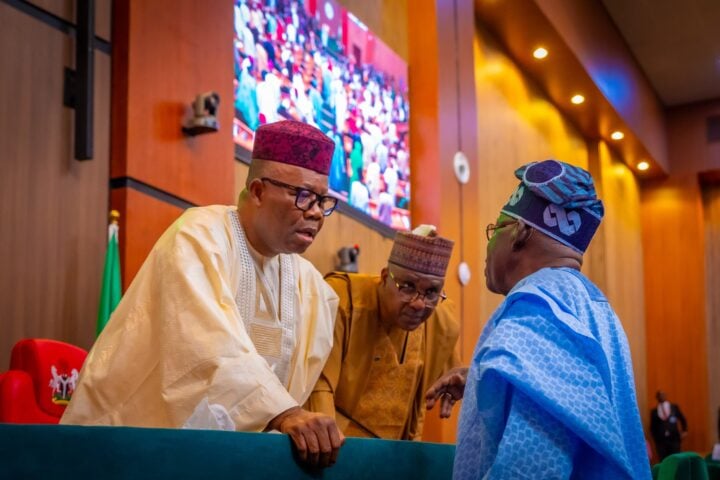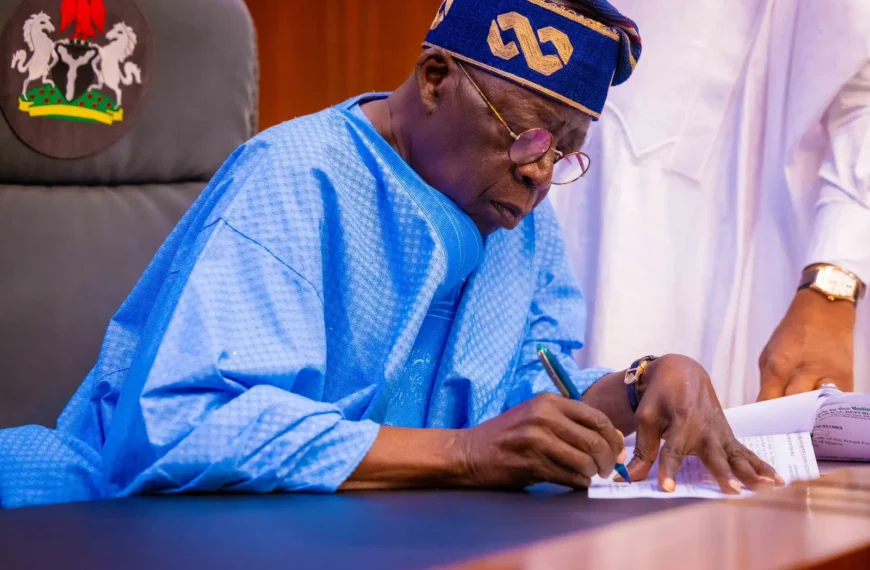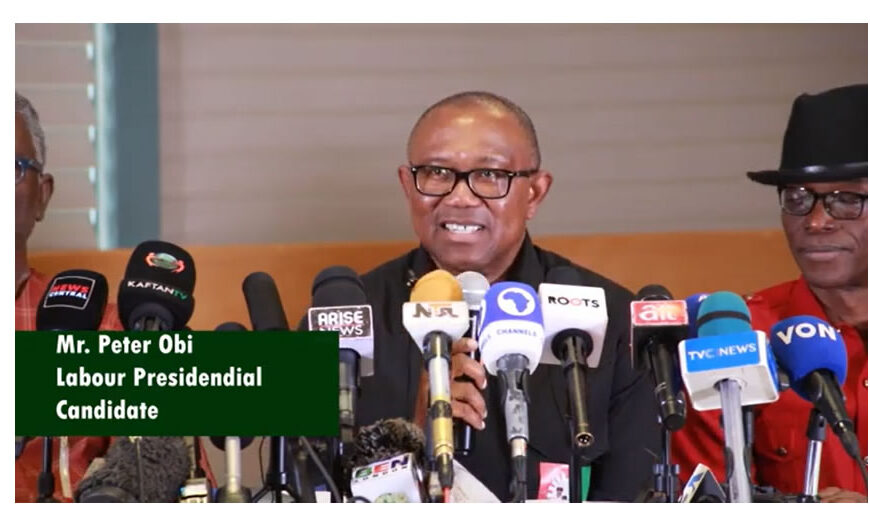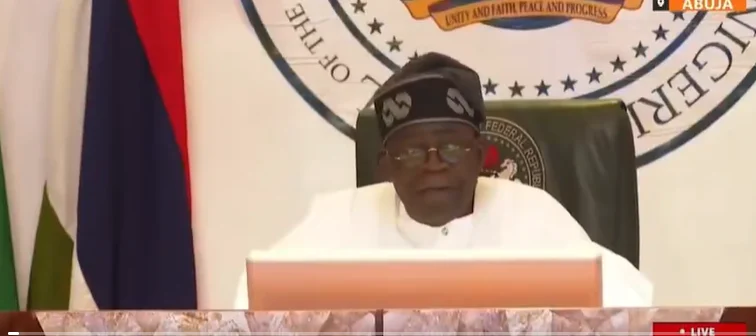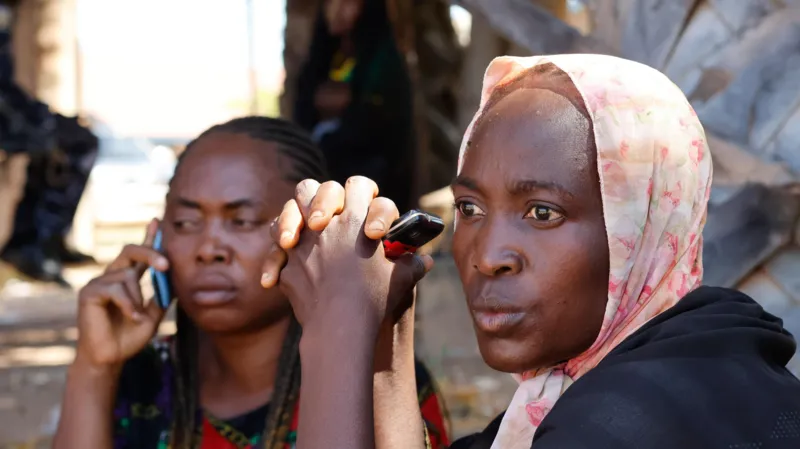The African Democratic Congress (ADC) has expressed concern over the Independent National Electoral Commission’s (INEC) delay in confirming its state chairmen, a situation that has exacerbated existing leadership challenges within the party. Despite the party’s efforts to establish a unified leadership structure, the absence of official recognition from INEC has left the ADC’s state chapters in a state of uncertainty.
In response to a Freedom of Information (FoI) request, INEC affirmed Shehu Yohanna as the legitimate chairman of the ADC in Adamawa State. This decision followed a leadership dispute where Yohanna and Mohammed Mustapha both claimed the position. INEC’s recognition of Yohanna underscores the commission’s role in resolving intra-party conflicts and validating party structures at the state level.

However, the ADC has disowned a viral list circulating on social media that purportedly names state chairmen across Nigeria. The party’s interim spokesperson, Bolaji Abdullahi, clarified that the list was unauthorized and urged the public to disregard it. This incident highlights the challenges the ADC faces in managing its internal communications and maintaining the integrity of its leadership appointments.
The delay in INEC’s confirmation of the ADC’s state chairmen has significant implications for the party’s preparations for the 2027 general elections. Without official recognition, the party’s state chapters lack the legitimacy needed to mobilize support, organize events, and engage with the electorate effectively. This situation places the ADC at a disadvantage compared to other parties that have established and recognized leadership structures.
As the 2027 elections approach, the ADC faces the dual challenge of resolving its internal leadership disputes and securing INEC’s recognition of its state chairmen. The outcome of these efforts will be crucial in determining the party’s ability to present a united front and compete effectively in the upcoming elections.

